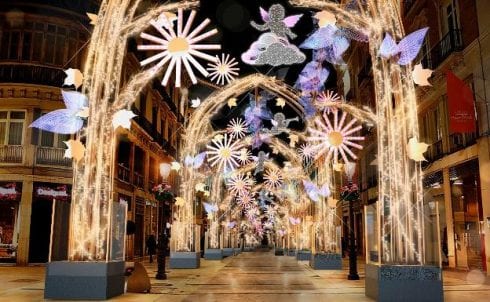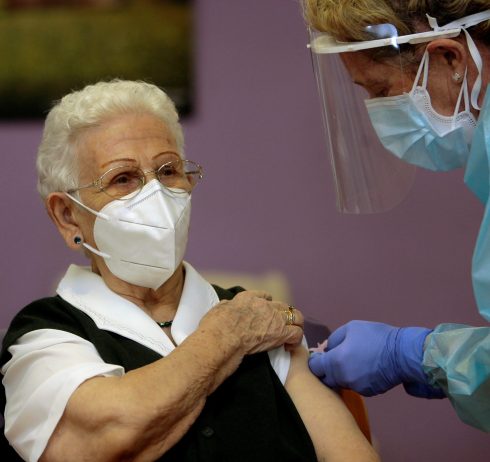CHRISTMAS in Spain consists mostly of killing time until the kids go back to school. You may have misses it, but El Gordo (Yes, the Christmas lottery is called ‘The Fat One,’) marks the beginning of Christmas, if we ignore the fact that El Corte Inglés started whacking out the toy adverts and riling the kids up in October while we were still throwing together ghost costumes. El gordo is a bit pricey to participate in, but you’ve got a good chance of winning a prize, however small.
There is still a chance to take part in the Epiphany lottery, known as El Niño which is drawn on January 6 (Epiphany) and is nearly as popular as El Gordo, and could be viewed as ending the festivities.
Noche buena (Christmas Eve) is the next family event you have to endure. It’s an evening do and typically a matriarch will have the whole family over to eat 200€ worth of gambas (prawns) before you’ve even thought about the main course. Once everyone is full to bursting point the family divides down the middle – the ones who go to misa (mass) and the ones who go out to ponerse ciegos (get blind drunk) safe in the knowledge that they’re not cooking or hosting on the 25th.
El día de Navidad (Christmas Day) is basically more food. The toy adverts mean nothing because the kids generally open only something small, if anything. The good stuff is saved for Reyes (The Three Kings – 6th January) and then the kids are back to school the next day. Great negotiation tool over the school holidays. El día de navidad everybody gets together in another house, because yesterday’s house looks like a bomb has hit it. There isn’t a set tradition food wise – some people eat cordero (lamb), some cocido (a kind of stew) or of course in Valencia, arroz (rice).

After that the only thing left to do is have a lie down. Like in many other places, the days between Christmas and Noche Vieja (New Year’s Eve) is no man’s land except for the 28th December, which not many people know is El Día de los Santos Inocentes (Innocent Saints Day). Those that went to misa en noche buena know that this day is a Christian commemoration day from the killing of innocent children in Bethlehem. The ones who went out partying will be the ones who know it is also the equivalent of April Fools’ Day – so take anything you’re told on the 28th with a pinch of salt!






